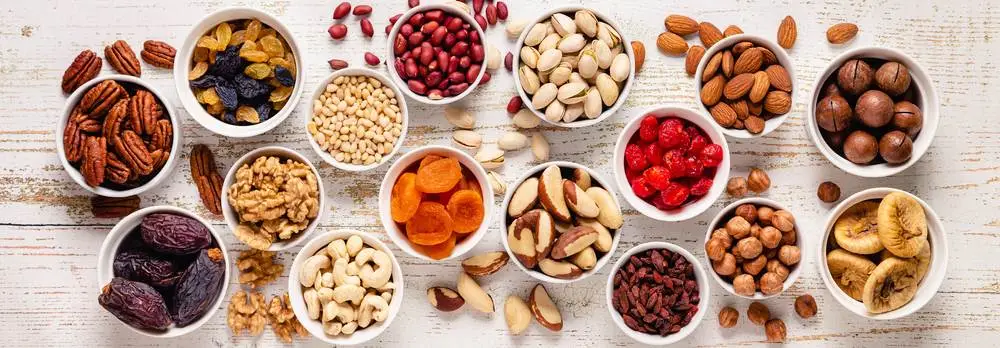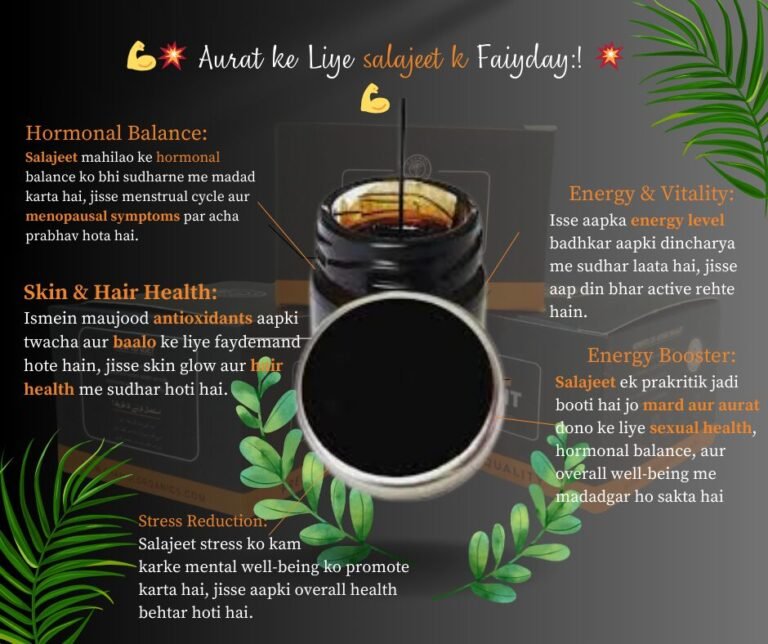Comprehensive Keto Diet Food List: Essential Low-Carb Choices for Ketosis and Weight Management
The ketogenic (keto) diet is a high-fat, low-carbohydrate dietary approach that aims to put the body into ketosis, primarily burning fat for energy instead of carbohydrates.
Here’s a keto diet food list commonly included in a keto diet:

1. Fats:
- Butter (preferably grass-fed)
- Ghee (clarified butter)
- Coconut oil
- Olive oil (extra virgin)
- Avocado oil
- MCT oil (medium-chain triglycerides)
- Lard
- Tallow
- Bacon fat

2. keto diet food list for Proteins:
- Beef (preferably grass-fed)
- Pork
- Chicken (with skin)
- Turkey (with skin)
- Lamb
- Fatty fish (e.g., salmon, mackerel, sardines)
- Eggs
- Organ meats (e.g., liver)
- Bacon (look for sugar-free varieties)
- Sausages (check for low-carb options without fillers)

3. list of keto vegetables (in moderation):
- Spinach
- Kale
- Swiss chard
- Broccoli
- Cauliflower
- Zucchini
- Brussels sprouts
- Cabbage
- Asparagus
- Avocado
- Bell peppers
- Mushrooms
4. Full-Fat Dairy (in moderation):
- Cheese (e.g., cheddar, mozzarella, cream cheese)
- Heavy cream
- Sour cream
- Greek yogurt (plain, full-fat)
- Cottage cheese (full-fat)
5. list of keto diet fruits Nuts and Seeds (in moderation):
- Almonds
- Walnuts
- Pecans
- Macadamia nuts
- Chia seeds
- Flaxseeds

6. Sweeteners (in moderation):
- Stevia
- Erythritol
- Monk fruit
7. Beverages:
- Water (crucial for hydration)
- Unsweetened tea (e.g., black, green, herbal)
- Coffee (black or with a small amount of heavy cream)
- Sparkling water (without added sugars)
8. Herbs and Spices:
- Salt
- Pepper
- Basil
- Oregano
- Thyme
- Cumin
- Paprika
- Turmeric
- Cinnamon

9. Condiments and Sauces (check for low-carb options):
- Mayonnaise (preferably sugar-free)
- Mustard
- Hot sauce (without added sugars)
- Soy sauce (or tamari for a gluten-free option)
- Sugar-free ketchup
10. Snacks (in moderation):
- Pork rinds
- Beef jerky (check for low-carb, sugar-free options)
- Dark chocolate (with at least 70% cocoa and limited consumption)
It’s important to note that the keto diet requires strict carbohydrate restriction, typically limiting daily carbohydrate intake to around 5-10% of total calories. Most of your daily calories should come from fats (70-75%) and a moderate amount of protein (15-20%). Individual dietary needs may vary, so it’s advisable to consult with a healthcare or nutrition professional before starting a keto diet to ensure it aligns with your health goals and needs.








